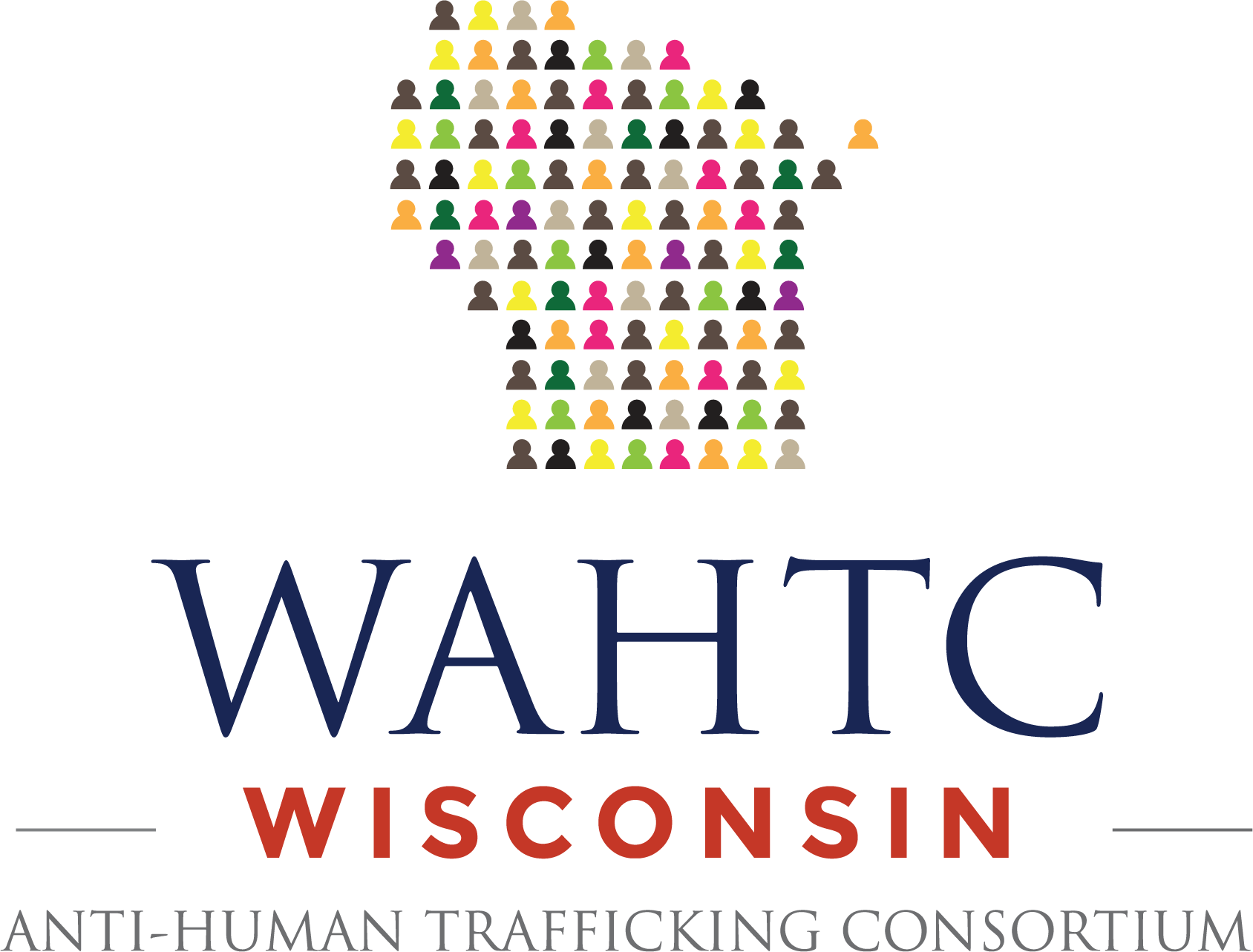OSHKOSH Making Most Arrests Targeting Men!
Friday, October 6th, 2017
Oshkosh makes the most prostitution arrests in Wisconsin, and now targets men equally.
OSHKOSH – Soon after Dean Smith arrived at the Oshkosh Police Department last year, he noticed how officers were fighting prostitution.
The agency had made more arrests than almost every other Wisconsin police department, but often those swept up in the crackdown were women. Relatively few men, typically the prostitutes’ clients, had faced pressure in recent years.
Similar gender gaps in prostitution arrests were common across Wisconsin a decade ago. But by January 2016, when Smith became the city’s new police chief, law enforcement strategies had changed elsewhere while Oshkosh stood nearly alone.
Women accounted for 78 percent of the city’s 260 prostitution arrests from 2011 to 2015. Statewide over the same period, nearly an equal number of women and men were booked, according to a USA TODAY NETWORK-Wisconsin analysis of crime statistics.
“We recognized that we do have some areas we need to work on,” Smith said midway through his first year as chief.
A high ratio of prostitution arrests involving women can signal outdated crime-fighting strategies. Criminologists urge the justice system to put pressure on all participants in prostitution, including male clients known as “johns” and organizers known as “pimps,” to deter the behavior.
“Strategies focused exclusively on arresting prostitutes are unlikely to be effective,” the Center for Problem-Oriented Policing advised in a 2006 guide. “At a minimum, both prostitutes’ and clients’ conduct should be addressed.”
Many Wisconsin police agencies shifted course in the past decade to ensnare more men. Two of the state’s most active enforcers in recent years, the Milwaukee and Grand Chute police departments, arrested more men than women.
But Oshkosh, where police made the third most arrests, continued to predominantly focus on the women until Smith’s arrival in 2016.
Last year, Oshkosh police made more prostitution-related arrests than any other department in the state — even more than in Milwaukee — while also booking an almost equal number of women and men.
Women were historically arrested at higher rates because prostitutes often faced greater public exposure and risk of arrest. Male-dominated police forces also limited undercover options. Stings targeting prostitutes were so standard that police in Oshkosh and elsewhere still refer to client-focused busts as “reversals.”
In Anaheim, California, police cited the cycle in a 2013 FBI bulletin while urging officers around the country to modify their strategies. After the police department conducted a sting targeting prostitutes, it found new prostitutes would arrive in the area.
“The new hookers and pimps had no idea what law enforcement efforts previously took place,” Anaheim police wrote. “The activity gradually increased until the police reacted and conducted another undercover operation. The cycle repeated itself.”
The demographics of arrests in Wisconsin have shifted along with changing views of prostitutes. Police have increasingly considered prostitutes to be possible victims of coercion and abuse who are in need of social services instead of a jail cell. Wisconsin’s attorney general has called fighting human trafficking one of his top priorities.
Marianne Radley, an advocacy program director for Reach Counseling Services in Winnebago County, said approaching prostitutes as possible victims has gradually become more accepted by law enforcement in Oshkosh and across Wisconsin.
“That has been a collaboration that has grown,” she said. “We’re trying to recognize the trauma history that comes with women engaged in prostitution and treat their needs.”
Focus on I-41
Interstate 41, from Milwaukee to Green Bay, is considered Wisconsin’s most active prostitution hub. Law enforcement authorities say the freeway makes it easier for pimps and prostitutes to meet clients without drawing too much attention. Radley said Oshkosh’s popular annual festivals, such as Country USA and the EAA AirVenture, also make it a magnet for prostitution.
A decade ago, Milwaukee police led the state in prostitution arrests, logging hundreds annually. But since then, Milwaukee officers have logged few arrests while agencies across the Fox Valley have reported increasing numbers. A Milwaukee police spokesman said the department now works with a nonprofit to address the issue.
“MPD’s focus has shifted in part from enforcement-based to a public health approach to prostitution,” Sgt. Tim Gauerke said. “Arrests do not always lead to prosecutions and convictions. Additionally, enforcement is not effective in addressing the root causes of prostitution.”
Why Oshkosh officers arrested so many women and so few men under Smith’s predecessor, Scott Greuel, is unknown. Greuel, reached by email, declined to comment for this story.
Smith said he couldn’t comment on arrests before he arrived. He called last year’s numbers an improvement, though.
“I think you’re seeing a shift there,” Smith said. “We’re not just looking for the prostitute. We’re looking for victims of human trafficking.”
Smith said Oshkosh officers more often question women to determine whether they might be victims and try to connect them with services – through a court order if necessary.
“Sometimes you have to arrest people to get them help,” the chief said. “Getting them into the system, although it may sound counter-intuitive, can be helpful.”
Smith said the department conducts stings targeting both prostitutes and clients. He declined to elaborate on the department’s tactics, citing concerns that doing so could harm their effectiveness.
“I think we’re having an impact on prostitution in Oshkosh,” he said. “We’re paying attention to it. It’s important to our community to do everything we can.”
Keegan Kyle is an investigative reporter for USA TODAY NETWORK-Wisconsin. He can be reached at [email protected]. Follow him on Twitter @keegankyle





